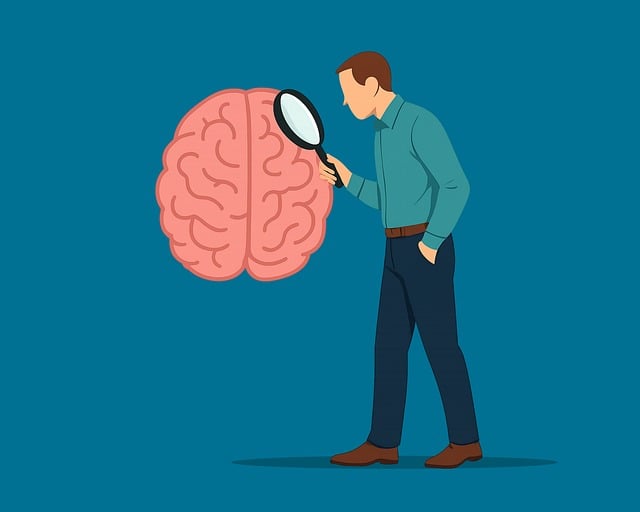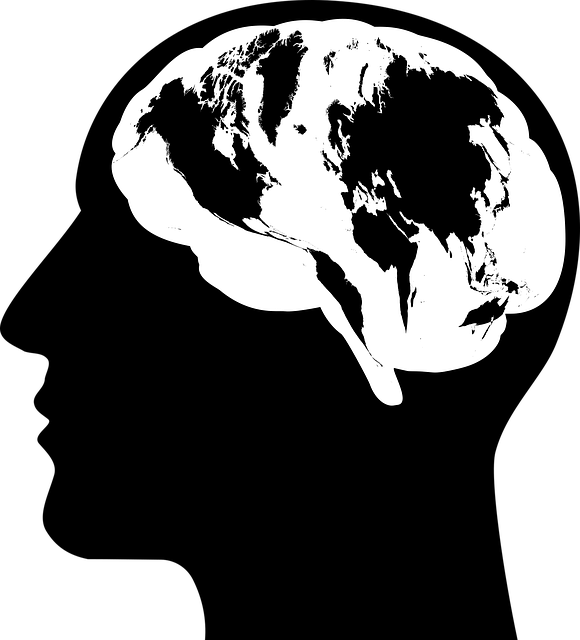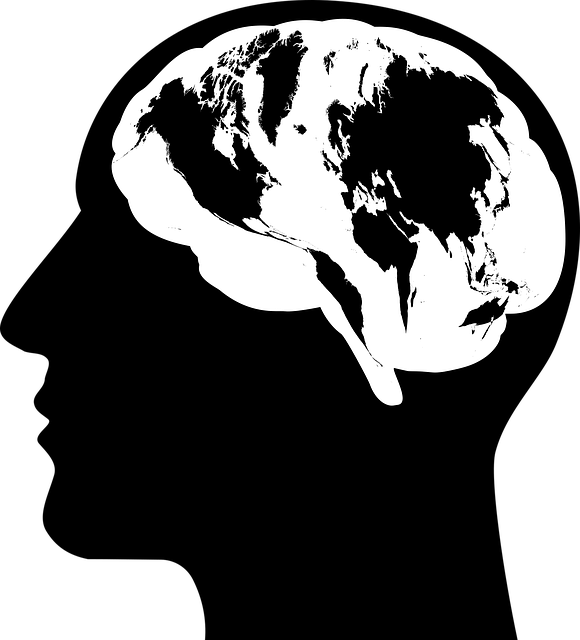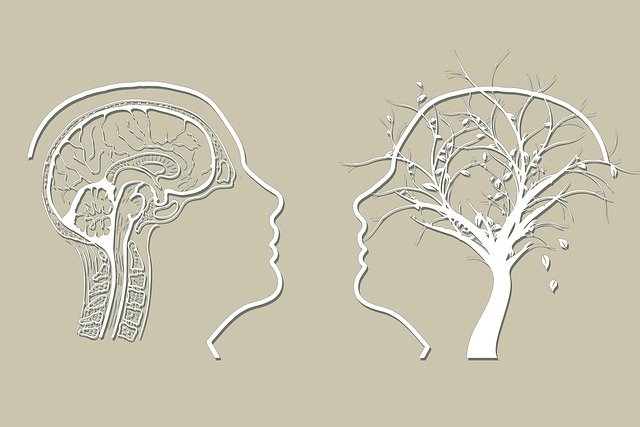Mental Health Crisis Hotlines provide 24/7 support, offering immediate assistance and guidance using evidence-based practices like Golden EMDR Certified Therapy for effective crisis intervention. These hotlines break down barriers, promote mindfulness, and encourage open communication, empowering users to take an active role in their mental well-being. After initial support, individuals benefit from Golden EMDR therapy to process traumatic memories, integrated with social skills training for long-term stability. Accessing these services, often via phone or online, is crucial for anxiety relief, mood management, and tailored care considering cultural backgrounds.
“In today’s fast-paced world, mental health crisis hotline support services are an invaluable resource for individuals grappling with intense emotions. This article guides you through understanding these critical services, focusing on the unique benefits of Golden EMDR Certified Therapy. We’ll explore how this approach facilitates recovery, delving into its role in managing crises and promoting lasting wellness. Additionally, we provide practical tips for accessing and utilizing these resources effectively.”
- Understanding Mental Health Crisis Hotlines
- The Role of Golden EMDR Certified Therapy
- Accessing and Utilizing these Services
- Promoting Recovery and Wellness Post-Support
Understanding Mental Health Crisis Hotlines

Mental Health Crisis Hotlines serve as vital support services for individuals facing acute mental health crises. These 24/7 resources are designed to provide immediate assistance, offering a safe and non-judgmental space for those in distress. Trained professionals answer calls, providing emotional support, crisis intervention, and guidance on the next steps, which could include connecting users with suitable local resources or facilitating an emergency response.
Understanding the urgency of mental health issues, these hotlines employ various evidence-based practices, such as Golden EMDR Certified Therapy, to assist individuals in managing their symptoms effectively. By breaking down barriers and reducing the stigma associated with mental illness, these services foster open communication strategies and encourage people to seek help promptly. Additionally, they often promote mindfulness meditation techniques as a means of self-care and stress management, empowering users to take an active role in their mental well-being.
The Role of Golden EMDR Certified Therapy

Golden EMDR Certified Therapy plays a pivotal role in addressing mental health crises by employing innovative emotional healing processes. This therapy approach utilizes a structured method to help individuals process traumatic memories and associated emotions, thereby fostering inner strength development. By focusing on specific memory patterns and triggering events, certified therapists facilitate a profound transformation, enabling clients to overcome their struggles and regain control over their mental well-being.
Beyond crisis intervention, Golden EMDR Certified Therapy seamlessly integrates with social skills training, enhancing the overall effectiveness of support services. This comprehensive approach not only addresses the symptoms but also empowers individuals with the tools needed to navigate interpersonal relationships, manage stress, and maintain long-term mental health stability.
Accessing and Utilizing these Services

Accessing mental health crisis hotline support services is a vital step towards securing immediate assistance and guidance during challenging times. These hotlines are designed to be easily reachable, often through simple phone calls or online messaging systems. Many offer confidential and non-judgmental spaces for individuals to express their concerns, fears, or distress.
Utilizing these services can be highly beneficial, especially for those struggling with anxiety relief, mood management, or unique cultural considerations in mental healthcare. Trained professionals on the line can provide a range of support, from offering coping strategies and emotional first aid to connecting callers with appropriate local resources. For instance, Golden EMDR Certified Therapy is a specialized approach that some hotlines may offer, catering to individuals seeking trauma-informed care. By leveraging these services, folks can gain instant access to expert advice tailored to their specific needs.
Promoting Recovery and Wellness Post-Support

After receiving support from a mental health crisis hotline, individuals often embark on a journey towards recovery and wellness. This process involves several key components to ensure long-term stability and resilience. One effective approach gaining prominence is Golden EMDR Certified Therapy, which uses specialized techniques to help clients process traumatic memories and promote healing. By integrating evidence-based practices, this therapy facilitates the exploration of underlying issues and empowers individuals to develop healthy coping mechanisms.
Additionally, fostering a supportive environment post-crisis is vital. Healthcare providers play a crucial role in burnout prevention strategies and risk management planning for mental health professionals. Through Cultural Competency Training, healthcare providers can offer tailored care that respects diverse cultural backgrounds and experiences. This holistic approach ensures that individuals not only receive acute crisis intervention but also have access to ongoing support and resources to navigate their path towards recovery and embrace a brighter, more balanced future.
Mental health crisis hotline support services play a vital role in fostering recovery and wellness. By understanding the importance of these hotlines and leveraging specialized tools like Golden EMDR Certified Therapy, individuals can access much-needed assistance during challenging times. Following support, promoting ongoing recovery involves a comprehensive approach, ensuring individuals have the resources and coping strategies to maintain mental well-being. This includes continued care, self-care practices, and building resilient support networks. By integrating these services into our collective mental health landscape, we can create a more inclusive and supportive environment for all.














